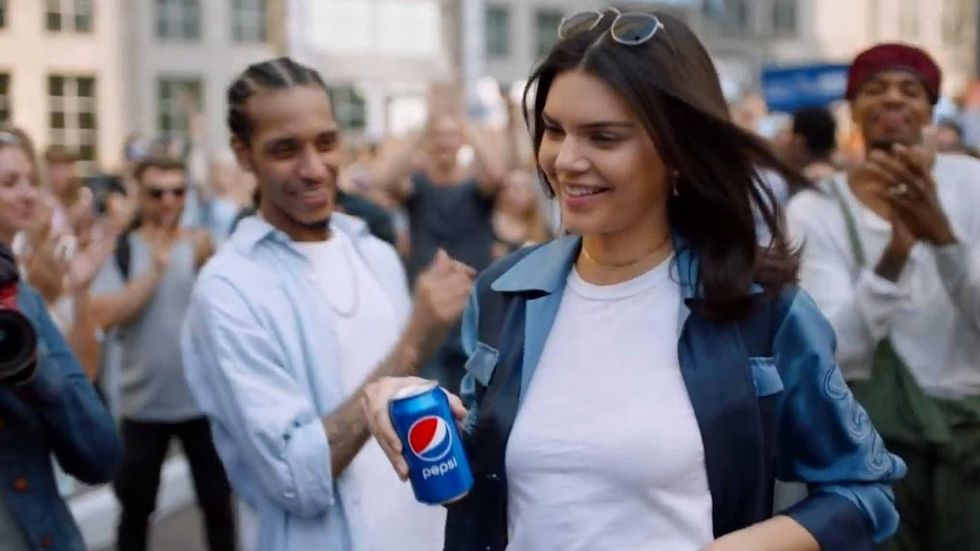If you use social media, I'm sure you've noticed a rising trend of brands and corporations speaking on social issues. There was Pepsi's tone deaf "Live For Now" featuring Kendall Jenner, Nike's advertisement campaign starring Colin Kaepernick, and Gillette's "We Believe" which encouraged men to fight against behaviors that lead to sexual harassment, to name a few.
The conversation around these advertisements tends to focus on the subject of the ads themselves, and whether the company took the correct stance. The truth, however, is that the company's opinions don't actually matter. These ads weren't designed to spread a message, but with the goal of selling merchandise.
It would be easy to assume that the target demographic of these ads are liberals. In a world where consumers are becoming increasingly aware of who they give their money to and the moral and ethical implications that come along with their spending, it makes sense for corporations to align themselves with social issues. And in a world that is becoming increasingly progressive, it makes sense for them to seek the approval of the left.
Or, is that what they're doing?
That's certainly part of it. If a company can sell you on its values, it will be far more likely to sell you its products. However, there's more under the surface. Corporations don't just want to make people like them. They want to make people hate them as well.
Take a controversial stance and you're bound to get backlash. That's typically what has happened. When Keurig withdrew ads from Sean Hannity's Fox News talk show, Hannity's viewers filmed themselves destroying their Keurigs. When Nike featured Colin Kaepernick, conservatives burned their Nike apparel. When Gillette spoke out about toxic masculinity, thousands decided to boycott.
The thing about boycotts, however, is that they never last, and the thing about controversy is that it draws a lot of attention. Suddenly, millions of people were seeing the names Gillette and Nike everywhere. They were in the back of consumers' minds the next time they went to the mall or to the grocery store. Controversy is a more effective advertisement than any commercial could ever be. And companies know this.
Unless corporations actually donate money to the causes they claim to support, their campaigns mean nothing.
Don't get me wrong, it's always great to spread the word and raise awareness for social issues. But this isn't the intention of companies like Pepsi or Gillette. They create these ads to be just what they are — ads. Their primary goal is not to help others, but to help themselves.
This isn't necessarily a problem. No matter the intention, these ads always result in a nationwide conversation about whatever their focus is, and gives people a chance to see things from a new perspective. But they also do their job, which is increasing sales. The Kaepernick campaign alone made Nike $6 billion.
So the next time a brand releases a commercial that you find yourself agreeing (or disagreeing) with, and suddenly you think you could do with a carton of ice cream or a new pair of shoes, be mindful of where that impulse came from.












































